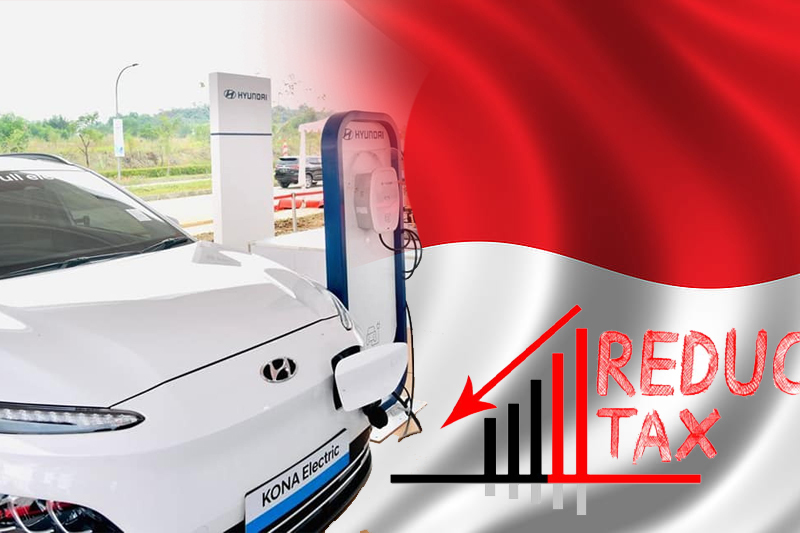
Indonesia lowers VAT on electric vehicles from 11% to 1%
The Republic of Indonesia has lowered its value-add tax (VAT) on electric or battery-based electric vehicle sales from 11 per cent to 1 per cent in order to encourage Indonesians to adopt EVs, according to a government ministry.
On Monday, an Indonesian government official said that the incentive came into effect this month. The Indonesian Coordinating Ministry of Maritime and Investment Affairs said in a statement that the incentive would remain in place until the end of the year.
The cut in VAT will also be applied to electric vehicles, indicating efforts to increase investment in the domestic production of EV batteries and EVs. Indonesia has rich reserves of nickel, which is used for processing for battery production.
Keep Reading
In March, Indonesia said it would allocate 7 trillion rupiahs ($466.70 million) in state funds to subsidise electric motorcycle sales through 2024 with the aim of attracting investment in EVs in the domestic industry. Last month, Indonesia also rolled out an EV incentive program for 250,000 two-wheelers (2Ws) and 35,900 four-wheelers (4Ws).
Meanwhile, Swap Energy, an Indonesian environmentally friendly energy provider, raised $7.2 million in a pre-Series A funding round led by Ondine Capital. The company provides solutions for two-wheeled electric vehicles (EVs). Ondine Capital, which engages in investment activities in Southeast Asia, invested $3 million in the round through two vehicles.
According to Indonesian media, Indonesia aims to produce 2.5 million electric vehicles and 600,000 electric cars by 2030.
Last month, Ford Motor Co, an American multinational automobile manufacturer, signed a final investment agreement with PT Vale Indonesia, Indonesia’s largest nickel producer, to build a $4.5 billion nickel processing plant in Southeast Sulawesi, a province on the island of Sulawesi in Indonesia. Febriany Eddy, chief executive of Vale Indonesia, said that the deal was vital for Indonesia.



